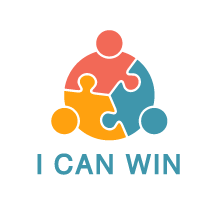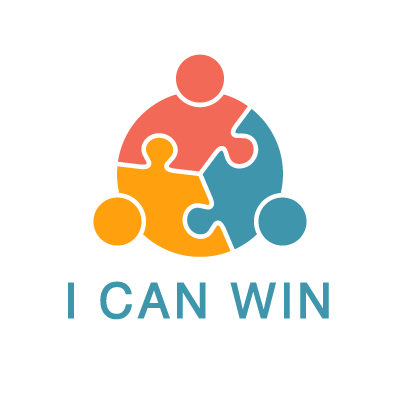Compassionate Use
Medical professionals use the term “compassionate use” to refer to the treatment of a seriously ill patient using a new, unapproved drug when no other treatments are available. Drugs that are being tested but have not yet been approved by the US Food and Drug Administration (FDA) are called investigational drugs.
Expanded Access
Expanded access, sometimes called “compassionate use,” is the use outside of a clinical trial of an investigational medical product (i.e., one that has not been approved by FDA).
Expanded access is a means by which manufacturers make investigational new drugs available, under certain circumstances, to treat a patient(s) with a serious disease or condition who cannot participate in a controlled clinical trial.
Most human use of investigational new drugs takes place in controlled clinical trials conducted to assess the safety and efficacy of new drugs. Data from these trials are used to determine whether a drug is safe and effective, and serve as the basis for the drug marketing application. Sometimes, patients do not qualify for these controlled trials because of other health problems, age, or other factors, or are otherwise unable to enroll in such trials (e.g., a patient may not live sufficiently close to a clinical trial site)
For patients who cannot participate in a clinical trial of an investigational drug, but have a serious disease or condition that may benefit from treatment with the drug, FDA regulations enable manufacturers of such drugs to provide those patients access to the drug under certain situations, known as “expanded access.” For example, the drug cannot expose patients to unreasonable risks given the severity of the disease to be treated and the patient does not have any other satisfactory therapeutic options (e.g., an approved drug that could be used to treat the patient’s disease or condition). The manufacturer must be willing to make the drug available for expanded access use. The primary intent of expanded access is to provide treatment for a patient’s disease or condition, rather than to collect data about the study drug.
Investigational New Drug
There are three IND types:
- Investigator IND: An Investigator IND is submitted by a physician who both initiates and conducts an investigation, and under whose immediate direction the investigational drug is administered or dispensed. A physician might submit a research IND to propose studying an unapproved drug, or an approved product for a new indication or in a new patient population.
- Emergency use IND: Emergency use IND allows the FDA to authorize use of an experimental drug in an emergency situation that does not allow time for submission of an IND in accordance with 21CFR , Sec. 312.23 or Sec. 312.20. It is also used for patients who do not meet the criteria of an existing study protocol, or if an approved study protocol does not exist.
- Treatment IND: Treatment IND is submitted for experimental drugs showing promise in clinical testing for serious or immediately life-threatening conditions while the final clinical work is conducted and the FDA review takes place.
Experimental Drug
An experimental drug is a medicinal product (a drug or vaccine) that has not yet received approval from governmental regulatory authorities for routine use in human or veterinary medicine.
Single Patient Access
Patients who are not eligible for either clinical trials or an Expanded Access Program (if one exists) may be eligible to receive the unapproved new drug by applying for Single Patient Access. In this situation, the patient’s doctor must first request permission for access to the drug from the drug company. If the company agrees, the patient’s doctor works with the drug company to apply for FDA approval for use of the drug for the patient. The timeline for Single Patient Access varies. In an emergency, the FDA has the ability, although uncommon, to walk the paperwork through in 24 hours.
Clinical Trial/Study
A clinical trial is any research study that prospectively assigns human participants or groups of humans to one or more health-related interventions to evaluate the effects on health outcomes. Click here for a great video explaining clinical studies: http://www.roche.com/research_and_development/who_we_are_how_we_work/clinical_trials/what_is_a_clinical_trial.htm
Right To Try Laws
Right-to-try laws are U.S. state laws, adopted by 31 states, that were created to allow terminally ill patients to access experimental treatments (drugs, biologics, devices) that have passed basic safety testing (Phase I) but have not been approved by the Food and Drug Administration (FDA).


